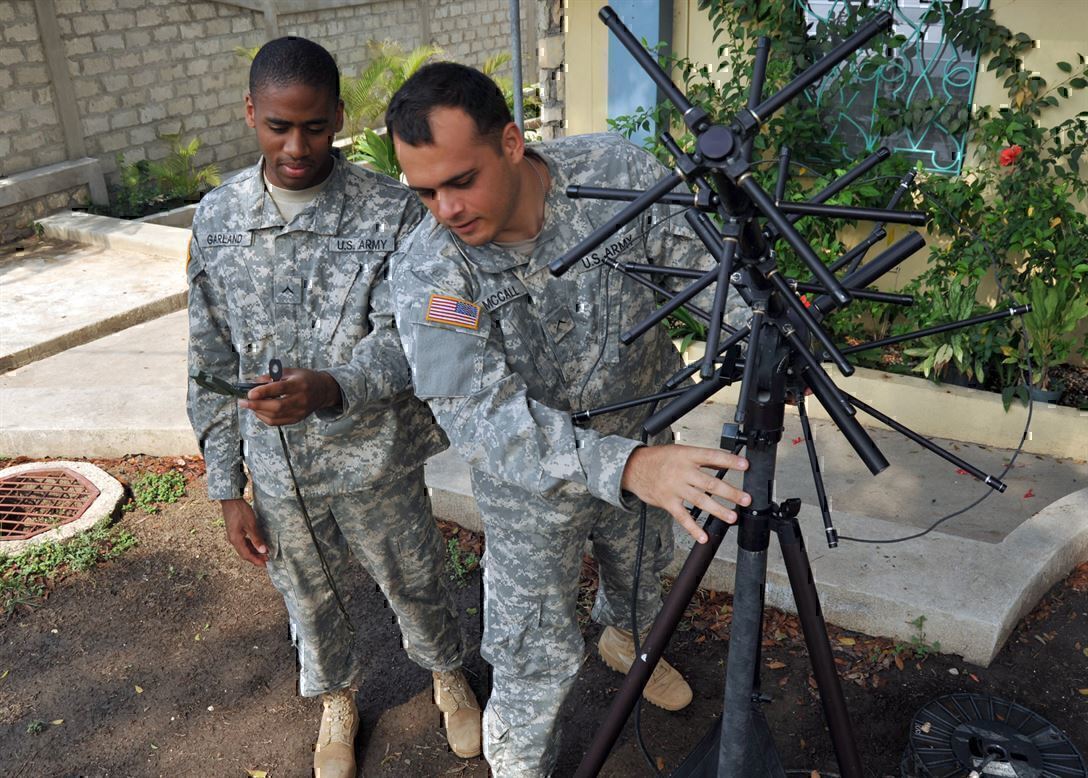SPONSORED
Let’s face it, technology is the future – and the future is here. From driverless cars and cryptocurrencies becoming mainstream to AI and better-than-ever virtual reality, we’re definitely going to be seeing some pretty cool technology this year. Information Technology Careers are at the forefront of the tech boom.
Have you thought about working for a Military Friendly® Employer in this field when you get out? Information technology careers are projected to grow 13 percent from by 2026, according to the Bureau of Labor Statistics. That’s faster than the average for all occupations.
And as Mike Powers, a veteran recruitment specialist at TEKsystems?, says, “Veterans respond well to task-oriented work, and excel in providing structure and focus to their environment … Their leadership skills also allow them to take initiative when the plan veers off course and work towards getting things back on track.”
What’s more – Susan Graye, global talent acquisition manager, Veteran, Inclusion & Diversity, at Hewlett Packard Enterprise, noted adaptability, leadership skills, tenacity and always “staying curious” as being the biggest strengths vets bring to her company.
You heard that right: one of the fastest-growing fields has companies looking to hire you for your military experience.
If that doesn’t sell you on starting your search for an IT career today, I don’t know what will.
?Company is a paid client.
Master Gunnery Sergeant
Jason Truman
Talent Acquisition Sourcer, Hewlett Packard Enterprise
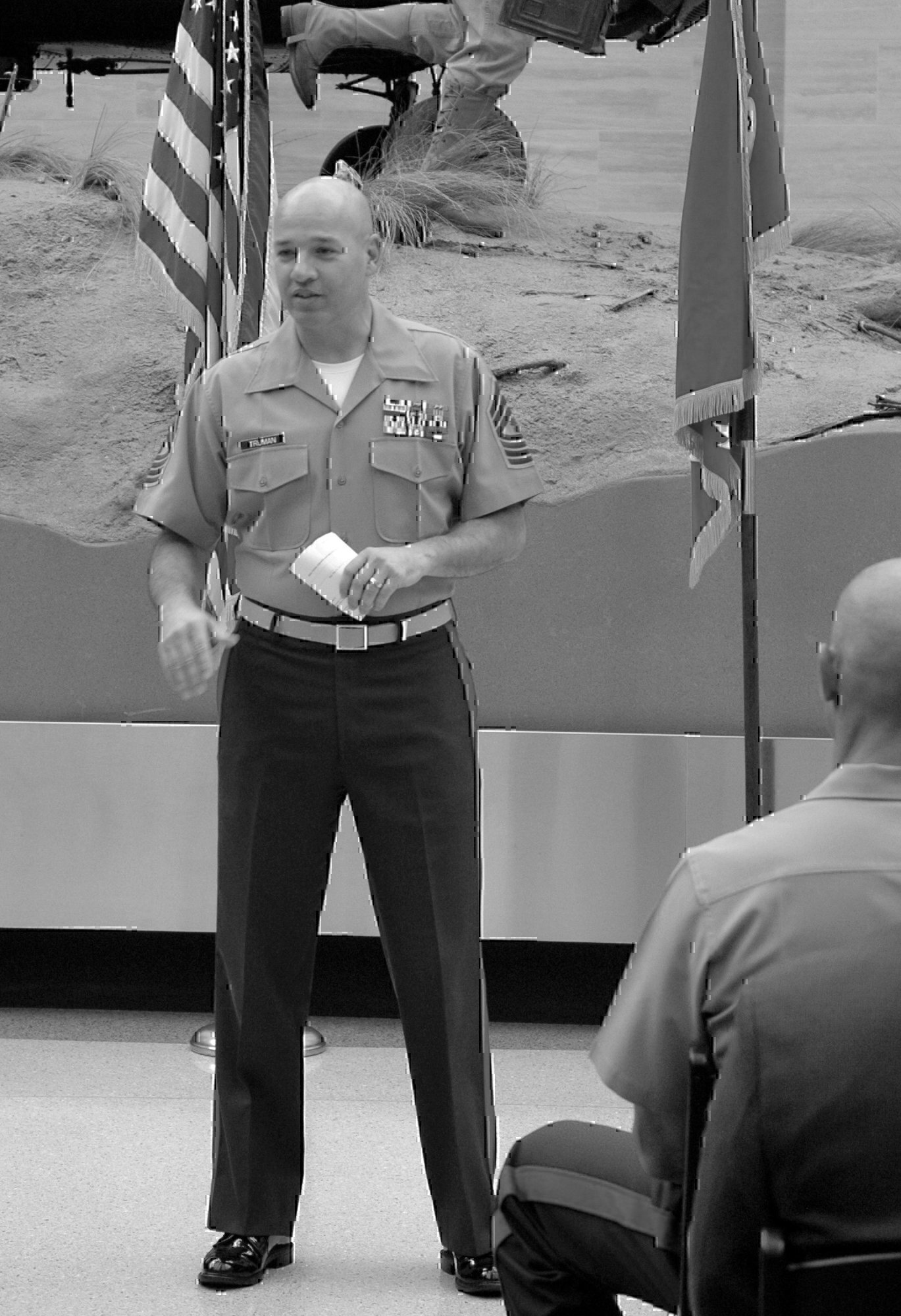
Age: 47
Military Service:
Master Gunnery Sergeant (E-9), Marine Corps (1990-2014)
MOS: Career Recruiter (8411/8412)/Maintenance Management Specialist (0411)
Education:
- Master’s degree, information technology management – information security/assurance and digital forensics, Trident University International, 2010
- Bachelor’s degree, information technology management, Trident University International, 2007
What do you do? I search for talent to fill job vacancies our company is seeking to fill. I focus on hard-to-fill
roles as well as high-quantity hiring ramps to make sure we meet the needs of our business units.
How long before separation did you begin your job search? I started 8-9 months out. Many people stated, to include employers, that it should be 3-4 months out, but that seemed too short of a time, especially when you plan to relocate and have a family to provide for post-military. The transition is hard; start early!
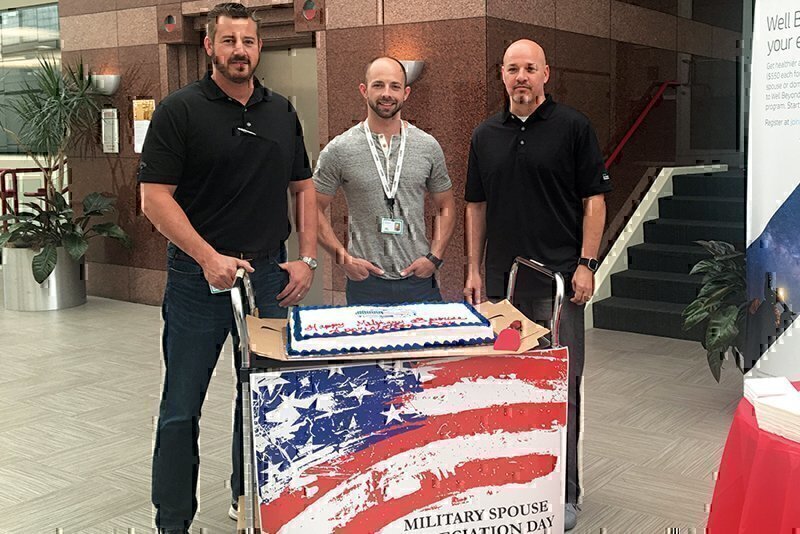
What was the hardest part of your job search? Being declined when you did not even have a chance to interview, as well as the rejection from those roles you did interview to fill. It is tough when you know you can bring value and perform the job but you do not get the offer.
Did you use social media in your job search? Yes. I relied heavily on LinkedIn for making connections and asking for informational calls. My conversations and interest in Hewlett Packard Enterprise all started with a connection “liking” a post from an HP Talent Sourcer.
Where do you see your career taking you? I would like to continue to grow in my role and take on new and different responsibilities, whether that is me moving laterally within the organization to learn more about the business or being provided the opportunity to move up. I want to continue to learn, grow and add value.
How many interviews did you do with your current employer? Great question. The first job I interviewed for had 5-6 interviews but I did not get the job offer. Several months later, I had the opportunity to interview again. I had another 5-6 interviews and was offered the position, which I did not hesitate to accept.
Petty Officer Second Class
Brad McIntire
Business System Analyst, Leidos
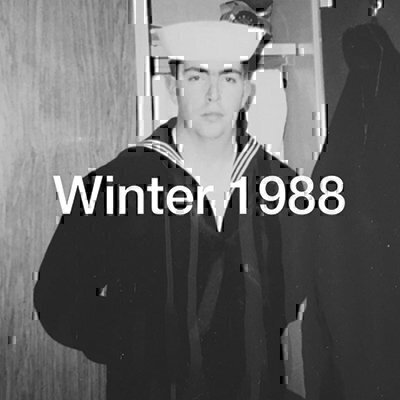
Age: 47
Military Service:
Petty Officer Second Class (E-5),
Navy (1988-1998)
Rating: Storekeeper
(Now Logistics Specialist)
Education:
- Bachelor’s degree, organizational
management, Eastern University, 2007
- MBA; Eastern University, 2010
What do you do? I work with Microsoft SharePoint to provide a central collaboration and document management platform for various workgroups and contracts where information is access controlled and easy to find based on keywords and design of webpages showing the information. I customize pages with various computer languages.
What was the best interview question you faced? How do you handle stress and pressure?
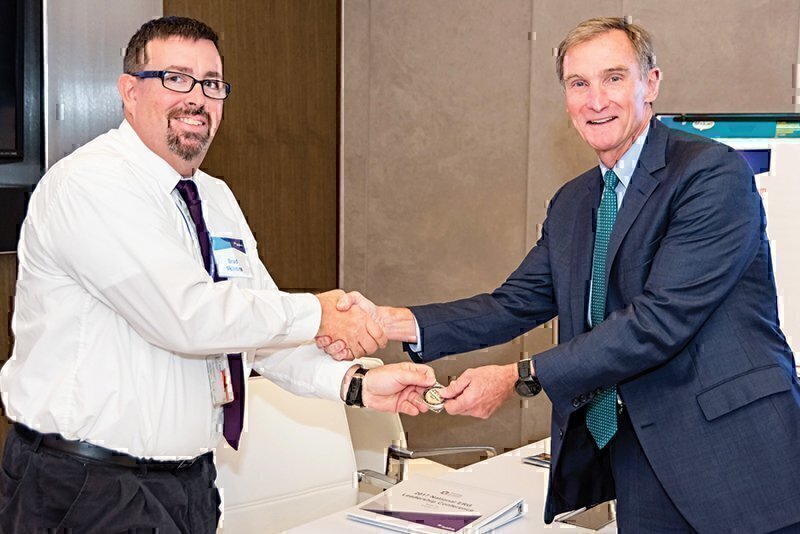
What was it about your résumé that helped you land this job? My skillset with Microsoft SharePoint and the ability to focus on the user experience in designing the structure of the site and the customization of the web pages.
What was the hardest part of your job search? Not hearing back from the company that you thought you were a perfect fit for. Translating military skills to the civilian equivalent.
What is the best part of the civilian job world? Not hearing: “If it isn’t in your seabag, it doesn’t matter.”
What part of your job did the military prepare you for the most? The commitment to doing the job correctly and giving it 110 percent the first time around.
Best advice for transitioning service members? Start your job search early, and if you want to stay connected to the military find a position with a government contract and leverage your security clearance. Connect with people at the company or industry. Remember the civilian world is not like your unit and the camaraderie mentality is different.
Sergeant
Megan J. Martine
Project Business Development Specialist, Leidos
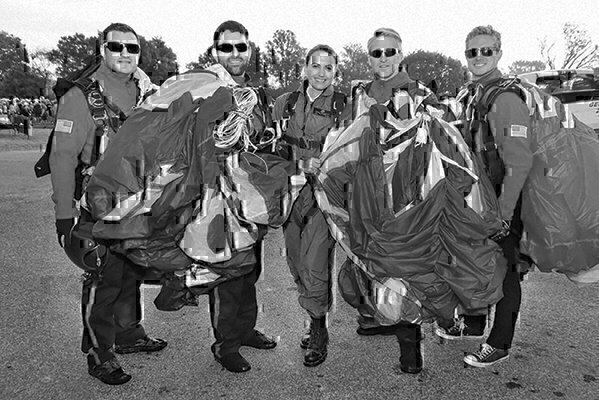
Age: 41
Military Service: Sergeant (E-5), Marine Corps (1995-2002)
MOS: Motor Transport Operator (3531)
Education: Bachelor’s degree, business/management,
University of Phoenix, 2009
Is this your first job out of the military? No, I did preserved floral sales, I was an executive administrative assistant for a wireless telecom company, and I was a recruiter.
What do you do now? I currently work on an O&G contract doing technical editing for environmental remediation projects and legal UST work. I also do business development with California Air Force bases.
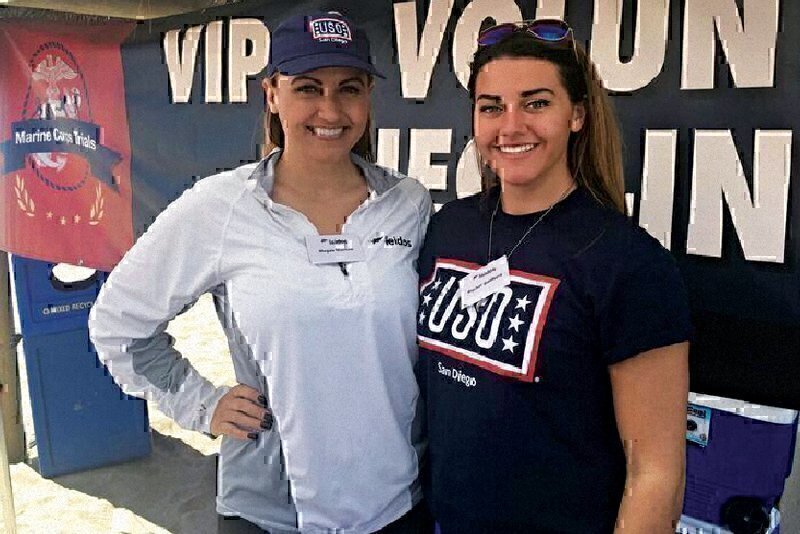
What was the best interview question you faced? The best interview question I am always faced with is how well I work on a team. As a recruiter, my favorite question to pose was, “What is a weakness that you’d like to improve on?” This always makes folks vulnerable, yet makes them think outside the box.
What was the hardest part of your job search? The hardest part was “what” I wanted to do, and what field I wanted to do it in. I didn’t feel like driving trucks anymore, so I used the logistics skills I picked up, as well as my marketing attitude, and made it work for me. It was advantageous to try several industries, and I felt that I was valuable in each of them.
What’s the biggest challenge? The biggest challenge is assuming what civilians already think of you. Toss that out the window. You are your your own asset and liability. What you bring to the table as an individual can’t be pigeon-holed into a perspective. Stay ORIGINAL! Smile, be objective yet firm with your viewpoints. Network! Even if you are not a people person, there is a lot to learn from civilians. Attend a corporate or city industry mixer or other similar event. The transition isn’t as difficult as you think.
Sergeant
Aaron Grieger
Site Service Technician, Apple (TEKsystems?)
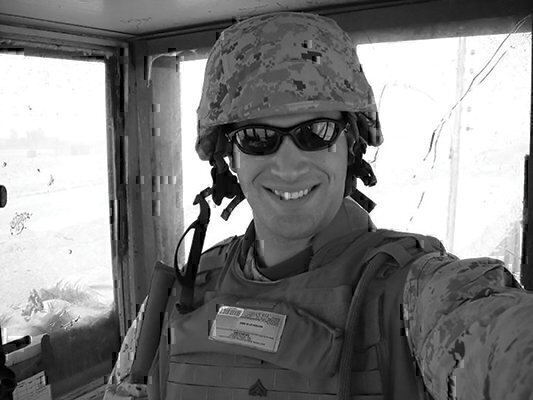
Age: 34
Military Service: Sergeant (E-5),
Marine Corps (2001-2005, 2008-2009)
MOS: Tactical network specialist (0656)
Education: Associate degree,
Arizona State University, 2016
What do you do?
Install and connect switches and servers
that support iCloud,
iTunes, Siri, etc., at the Apple data center.
What is your favorite part of your day? Getting a new ticket, planning out the tasks that will need to get done and getting all the materials that will be necessary.
What was it about your resume that helped you land this job? Just general military experience. People associate the military with hard work and that led to me getting hired.

What’s the biggest challenge? Taking the time to go back to school for more training.
What part of your job did the military prepare you for the most? Being able to adapt to changing circumstances, even if you do not necessarily agree with what is being done. Many people will get a bad attitude and complain, whereas this is something common in the military and myself as well as other veterans just shrug and move on.
Best advice for transitioning service members? Don’t try to change everything about yourself to try to adjust. Know what kind of environment you enjoy working in and look for something that fits you instead of the other way around.
?Company is a paid client.
Sergeant
Erik Hetrick
Business Systems Consultant, TEKsystems?
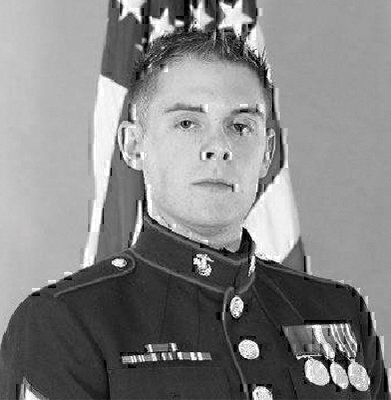
Age: 34
Military Service: Sergeant (E-5), Marine Corps (2001-2008)
MOS: Marine Security Guard
Education: Bachelor’s degree, business administration, American Public University System, 2010
What do you do? I do data analysis for reporting to Wells Fargo executives of program health, as well as design and manage the program SharePoint sites to ensure effective programs for our project managers.
Why did you enlist in the military? I wanted direction and purpose while being able to further my career and obtaining the discipline to pursue higher education.
Did you use social media in your job search? I used LinkedIn quite a bit, which has proven to be the most effective way for me to find new opportunities.

How long before separation did you begin your job search? By the time I got out I was actively enrolled full time in college. So I would say I started about six months prior. Really getting my degree was the first and most valuable step to being successful.
What is the best part of the civilian job world? I get to work from home and spend my evenings with my family.
How specifically did you relate your military experience to the job you were applying for? Being a Marine you learn very fast that while you may have not done a specific task, you have been given the tools and training to adapt to conquer any challenge. Working in the financial industry is very much the same. You don’t know what each day will bring but you know that no matter what you can take on the challenge.
?Company is a paid client.

